You have no items in your cart.
Homeschool Moms: Ways you Can Do This
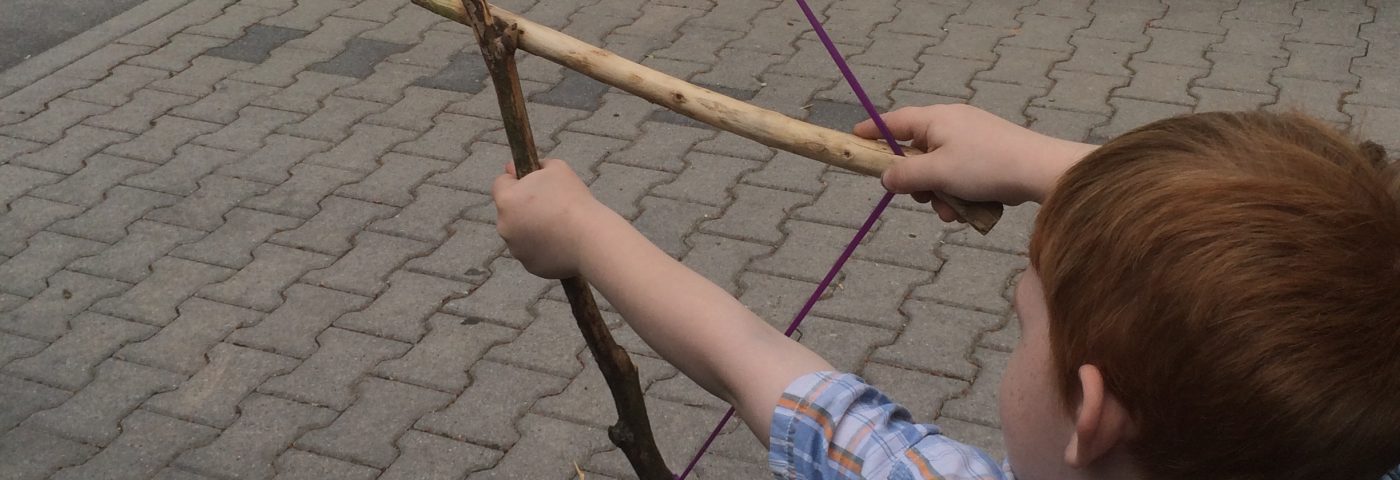
More people are homeschooling in our country than ever before and the movement is growing in large numbers. The schools are failing us. More problems are arising and our precious children are the victims.
Parents often heed the call to homeschool and pull their children out of public education and then panic. I was no exception when I began homeschooling. It can be terrifying to have this enormous responsibility sitting in your lap. When your child was born, and this beautiful, innocent baby was place in your arms, you looked into his or her eyes and just felt love. God trusts you exclusively with His child to raise and mould her. Nothing has changed. Our lack of confidence comes in when it comes to this heavy word called “education”. Never mind that you’ve raised your child thus far, mentored him in learning to speak, taught him to walk—which is the hardest thing a human can learn, potty training, teaching him the Word, feeding him each meal day by day, made choices in all areas for his best and highest good, when it comes to education we feel inadequate. Why? Somewhere along the lines we were sold the idea that only “professionals” could teach. We most likely went through the tedious, and often intimidating, structure of public school and have no clue how to recreate it at home. I dare to say that it’s the last thing you should do—to recreate public school at home.
The Relaxed Curriculum Plan
The legendary John Holt’s books are essential for the homeschooling mom. I love his argument for not shoving a curriculum down a person’s throat to learn.
“I don’t believe now that this was Lisa’s feeling at all. Far from having decided that reading was not worth knowing, she probably wanted to learn to read very much. What she rightly resented was my taking upon myself to teach her without being asked. When she learned to read, it was going to be by her own choosing, at her own time, and in her own way. The spirit of independence in learning is one of the most valuable assets a learner can have, and we who want to help children’s learning, at home or in school, must learn to respect and encourage it.
“Proud and sensitive children are particularly likely to react this way. Knowing Lisa to 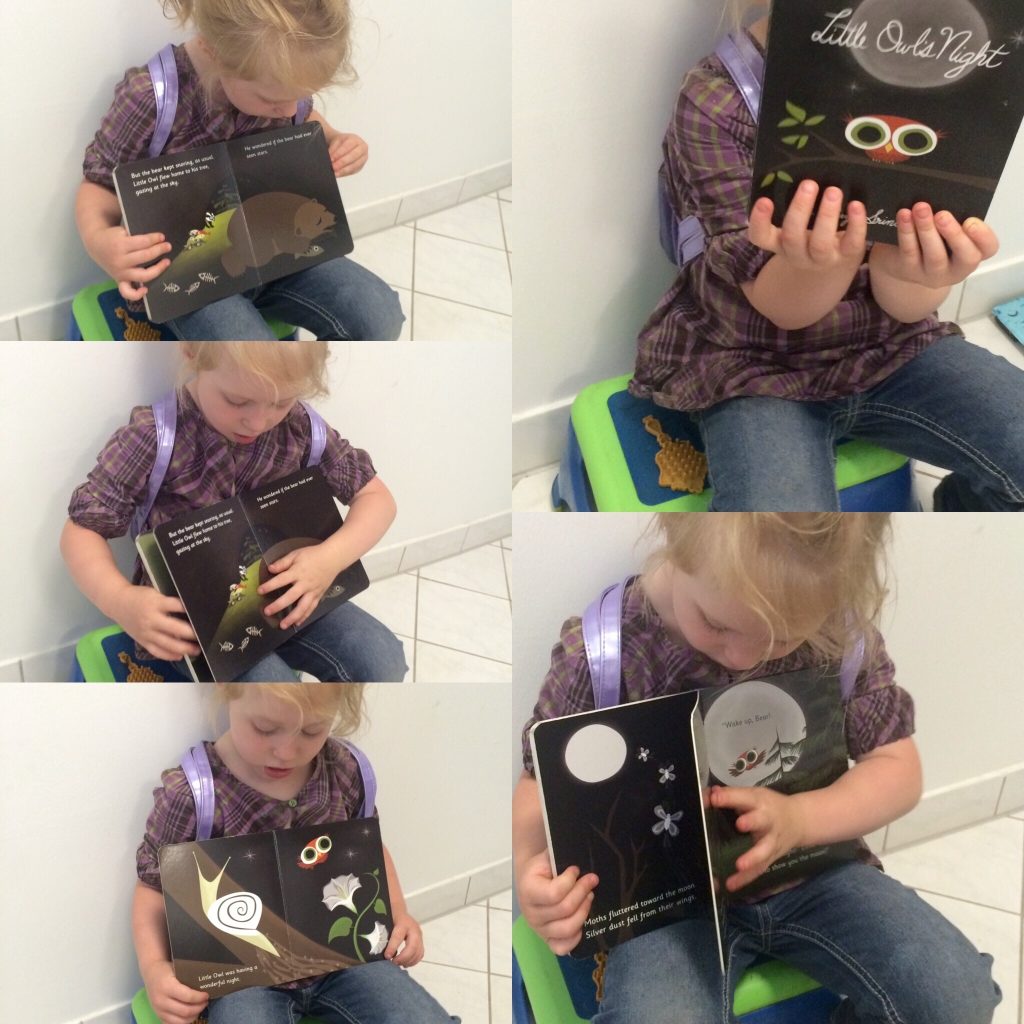 be such a child, I worried a little about what might happen when she got to school and had to submit formal instruction. Which she resisted it? It seemed that she might. Fortunately she solved the problem by teaching herself to read. Nobody seemed to know how she did it. In fact, this is something that, in general, we know very little about. Many thousands of children teach themselves to read, every year; we might do well to find out how many such children there are, and how they taught themselves.” (1)
be such a child, I worried a little about what might happen when she got to school and had to submit formal instruction. Which she resisted it? It seemed that she might. Fortunately she solved the problem by teaching herself to read. Nobody seemed to know how she did it. In fact, this is something that, in general, we know very little about. Many thousands of children teach themselves to read, every year; we might do well to find out how many such children there are, and how they taught themselves.” (1)
And I’ve had a similar experience with several of my children, including my autistic daughter, Madison. We did some inconsistent instruction, which she would patiently submit to. When I slowed down on it, I noticed she was improving consistently on her own in reading. She would participate in family scripture time and family reading time which is where we saw this daily progress. Writing has worked the same for her. She is a note writer. She always has communicated with me on paper in her spare time, especially if it was to ask for something. For many years, it was a picture. Then it turned into a series of pictures that told a story, and without me realizing the transition, it is pictures (which are her favorite) with whole sentences. I never helped her spell the words, but I’m sure she asked a sibling and after a certain amount of time she memorized how to spell these words herself.
As fear clouds the mind of the parent, they cling mightily to what they know or assume to be the best or only way. Fear based homeschooling is where I found myself going back the moment I started comparing my child to another, heard another parent brag and lost my own confidence, lost my faith in the direction God sent me, and/or began to assume the worst of my child. Thankfully, God would direct me back on track to the more genuine learning process for my family and back to the basics.
Trust the learning process
“Trust children. Nothing could be more simple-or more difficult. Difficult, because to trust children, we must trust ourselves-and most of us were taught as children we could not be trusted.” (1) And to take it one step further, God trusts us implicitly to be the parent of our child. Isn’t that enough; knowing He trusts us in our imperfect state, to raise, nurture, and teach? And, even better, He will continue to direct our paths if we lean on Him. (Job 33:11, Ether 2:6)
As a parent, I set the goals and standards, provide the mentoring and inspiration, and tend carefully to the learning and growing environment assuring that it is safe, healthy, and conducive to encourage and nurture the love of learning. Just as I plant seeds in my garden each season, carefully cultivating the soil, paying special attention to the needs of the seeds, and later the budding and growing plants, as a parent I continue to nurture the love of learning in like manner. I trust the process of the seeds to grow just as I trust the process for my children to learn and become well-rounded, well-educated, good people.
When You Recognize that You’re Comparing the Child to you
“Young children tend to learn better than grownups (and better than they themselves will when they are older) because they use their minds in a special way. In short, children have a style of learning that fits their condition, and which they use naturally and well until we train them out of it. We like to say that we send children to school to teach them to think. What we do, all too often, is to teach them to think badly, to give up a natural and powerful way of thinking in favor of a themed that does not work well for them and that we rarely use ourselves.” (1)
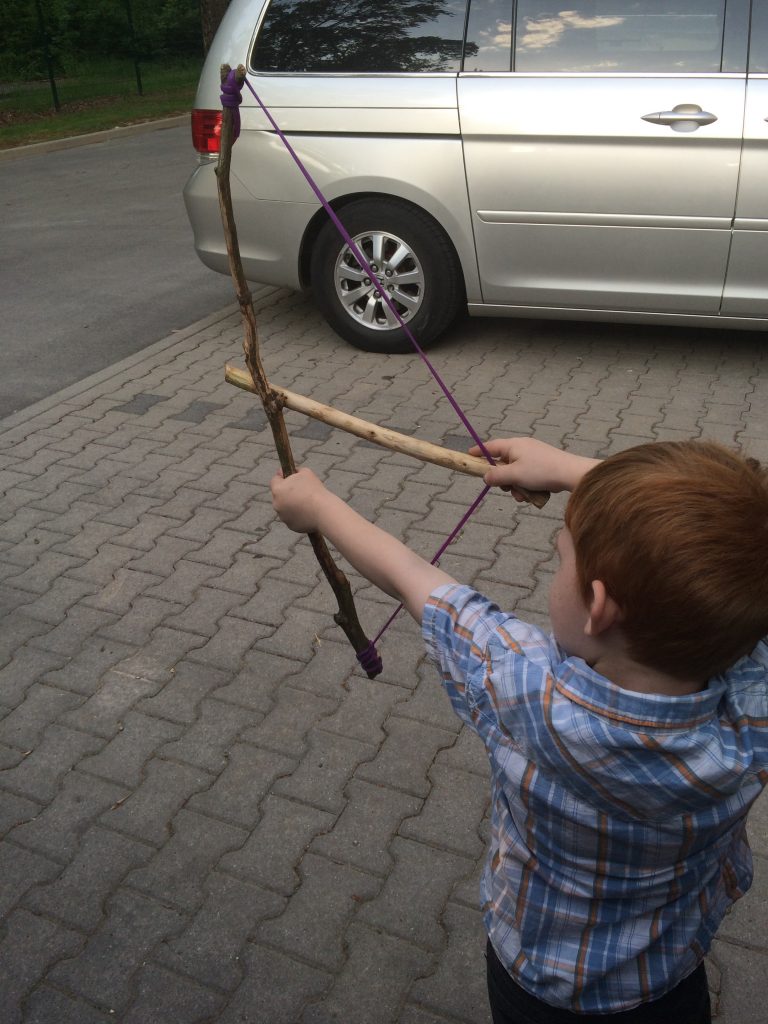 Oftentimes we’ll hold our children up to unspoken and spoken unrealistic standards. Our expectations of them is often skewed by what we expect of ourselves and what we think others would expect of them. This mentality causes us to be harder on them, sometimes forceful, oftentimes critical, and usually impatient wondering “what is wrong with her?”. When we step back and really see what each individual child’s talents and weaknesses are and get rid of all comparison, is when we can be relaxed, confident, and successful mentors/teachers to our children.
Oftentimes we’ll hold our children up to unspoken and spoken unrealistic standards. Our expectations of them is often skewed by what we expect of ourselves and what we think others would expect of them. This mentality causes us to be harder on them, sometimes forceful, oftentimes critical, and usually impatient wondering “what is wrong with her?”. When we step back and really see what each individual child’s talents and weaknesses are and get rid of all comparison, is when we can be relaxed, confident, and successful mentors/teachers to our children.
Ignoring what “Others” think
Guilt is the gift that keeps on giving. But, I’d like to add to that. Fear of what others think is similar, but more paralyzing. Sometimes the two go together like peanut butter and jelly, but not in so pleasant a way for mom.
Every individual on the planet is different, has a different mission in life, different characteristics and learns in their own unique way. Learning is not a one size fits all, though we are taught that by government schooling. I remember, with my third child Benjamin, sitting in an elementary school classroom for a parent-teacher conference and she was voicing her concern that he was nearly ten and couldn’t read yet. I nodded unconcerned. I had been working with him, the school had been working with him, but I knew he just wasn’t ready. (We weren’t homeschooling at the time.) She then told me her biggest concern was that there was a “window of time” for learning to read and if he passed this he’d never learned to read. I looked her right in the eye. I don’t know if she really believed this lie, but she was surely selling it. I asked her about those who learned as adults, or who lost the capacity to read due to accident or illness and relearned again. She kept insisting that this was the way it was. There was no convincing me. He was my first child to learn to read so late, but I knew he could and would do it when the time was right. This experience set me up to be more patient with other children that followed suit later—each learning in their own timeline.
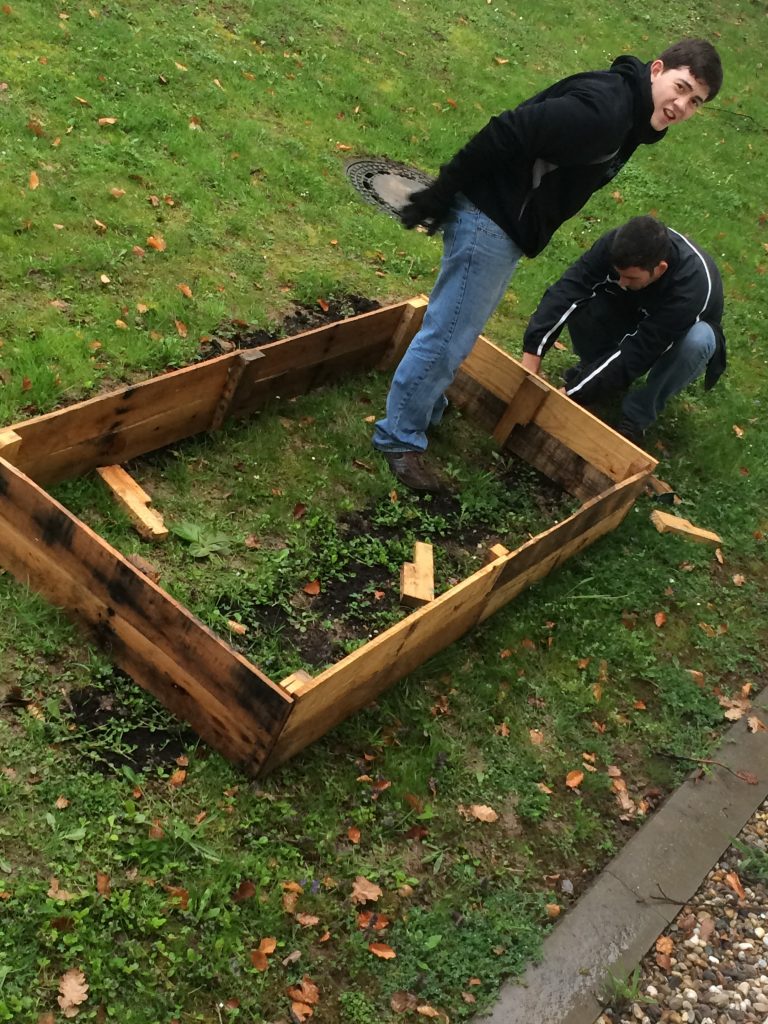 I pulled him out of school within a few months, and after an additional a few months, he came to me ready to learn. And learn he did. This particular child does have some learning disabilities in the reading department, but his skills in math and art are outstanding. His desire is to become an architect, so therefore his strength in reading isn’t as important as it is for his older sister who’s goal it is to be a professional writer. God gives us strengths and weaknesses, it is important to learn to trust that there will be both so you can work with both objectively. When we look to the opinions of the skeptics, the critics, or the fear-mongers we can easily become discouraged. When we look to those who brag and openly declare criticism we can want to quit. Look to God and your family. Notice when you’re listening to the wrong messages because they cause you to feel badly. Trust in your God-given abilities to work with your child and you will be successful.
I pulled him out of school within a few months, and after an additional a few months, he came to me ready to learn. And learn he did. This particular child does have some learning disabilities in the reading department, but his skills in math and art are outstanding. His desire is to become an architect, so therefore his strength in reading isn’t as important as it is for his older sister who’s goal it is to be a professional writer. God gives us strengths and weaknesses, it is important to learn to trust that there will be both so you can work with both objectively. When we look to the opinions of the skeptics, the critics, or the fear-mongers we can easily become discouraged. When we look to those who brag and openly declare criticism we can want to quit. Look to God and your family. Notice when you’re listening to the wrong messages because they cause you to feel badly. Trust in your God-given abilities to work with your child and you will be successful.
Homeschool skeptics are a dime a dozen, offering a plethora of unsolicited opinions and advice. I think 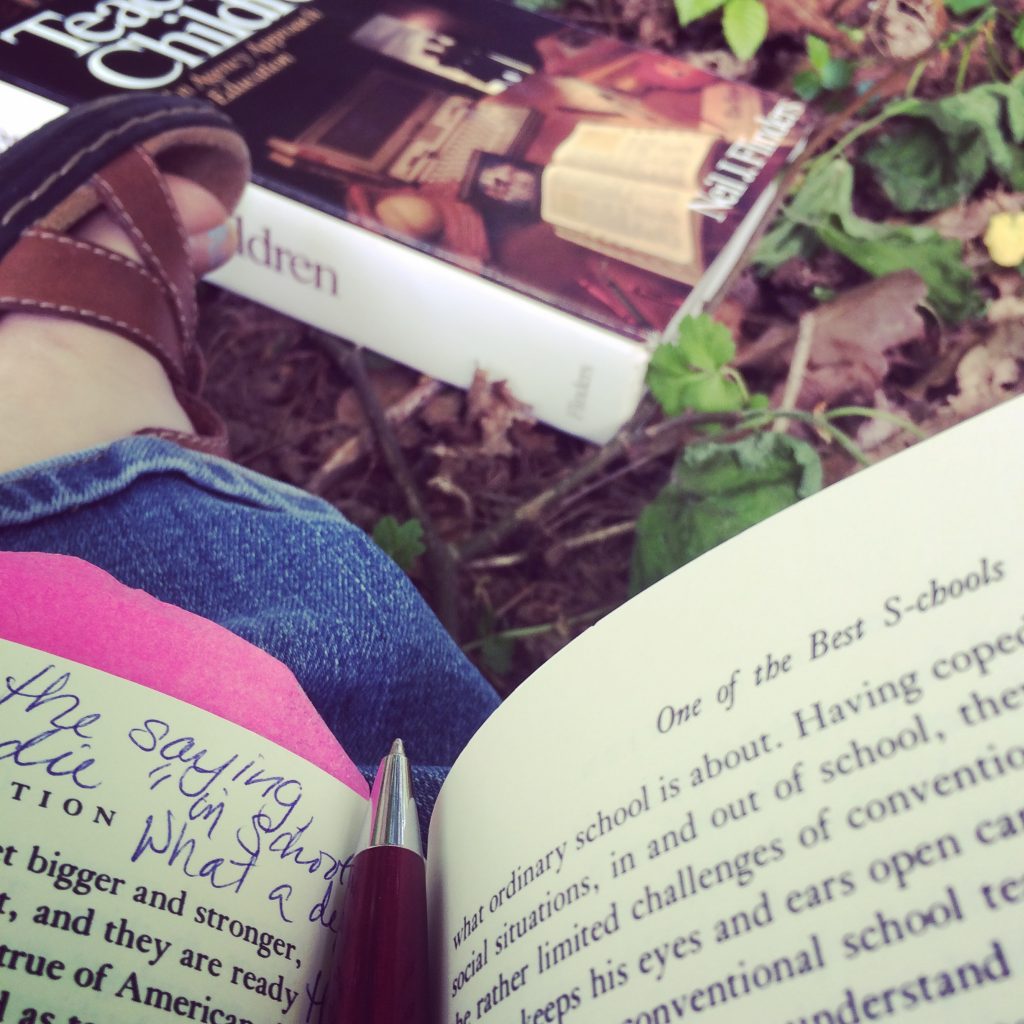 I’ve heard it all after all these years. Fears can come from anywhere, but they are particularly loud when we focus on them. When the fears and the voices of opposition drown out your confidence and joy take time to refocus on what excites and motivates you. Sometimes it means take a week off to delve into new talks or a book that will reassure and re-inspire you. Sometimes it helps to look around at the ills and problems in society to remind you of why you chose this path. No matter how it comes, know you can do this. You are a pioneer in many ways and know you aren’t alone in this journey.
I’ve heard it all after all these years. Fears can come from anywhere, but they are particularly loud when we focus on them. When the fears and the voices of opposition drown out your confidence and joy take time to refocus on what excites and motivates you. Sometimes it means take a week off to delve into new talks or a book that will reassure and re-inspire you. Sometimes it helps to look around at the ills and problems in society to remind you of why you chose this path. No matter how it comes, know you can do this. You are a pioneer in many ways and know you aren’t alone in this journey.
Sources:


Shiloah,
This sounds cliche, but I’m glad I came across your blog! I’ve been skeptical of homeschooling, but this post has been an eye opener. Your observations of God, patience and “out of the box” thinking are what make this post excellent. I’ll be revisiting for sure. I’m curious how you respond to people who say that homeschooling has a negative effect on social skills.
Fabulous! Are you home schooling now too?
It is so nice to see your smiling face on the internet! If you can home school with 11 children at home that is fabulous!
I hope you are as happy as your photos show!
Love
Mom